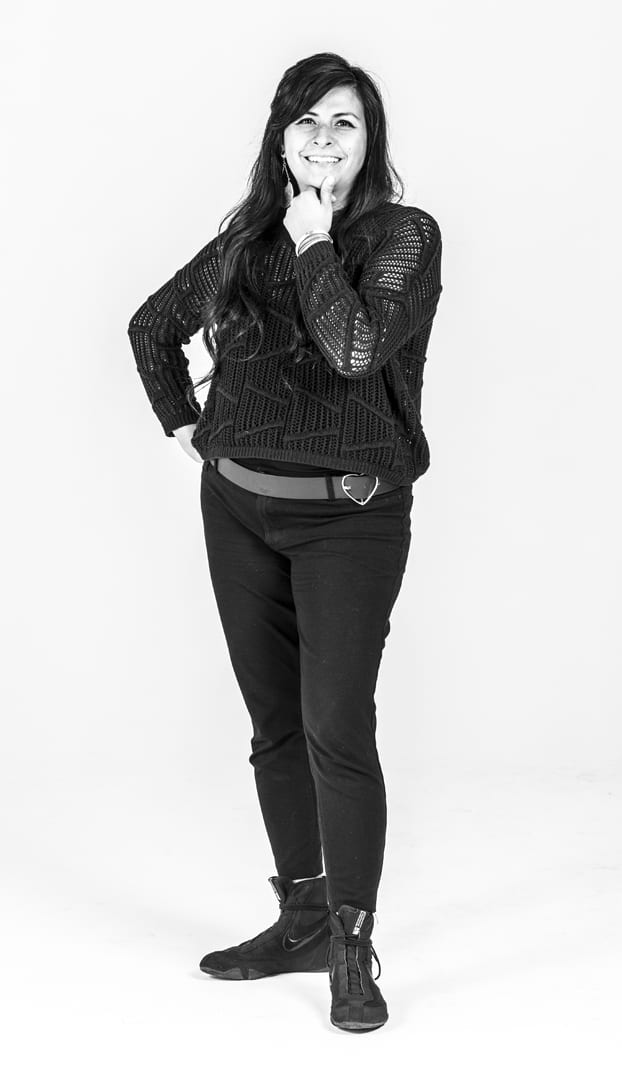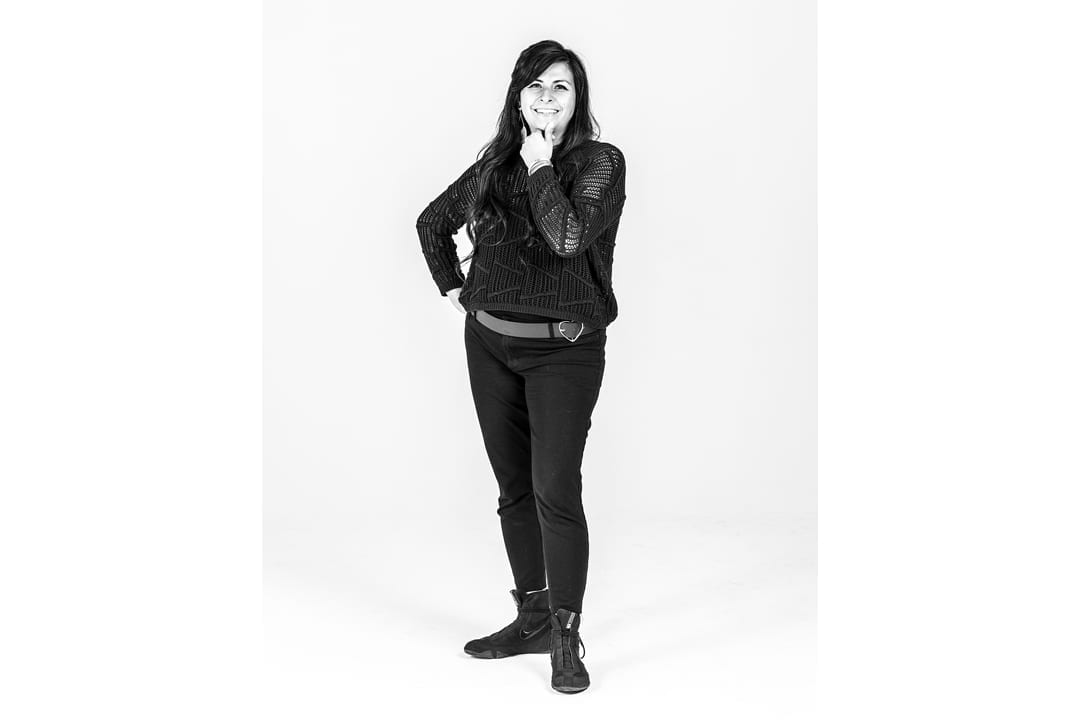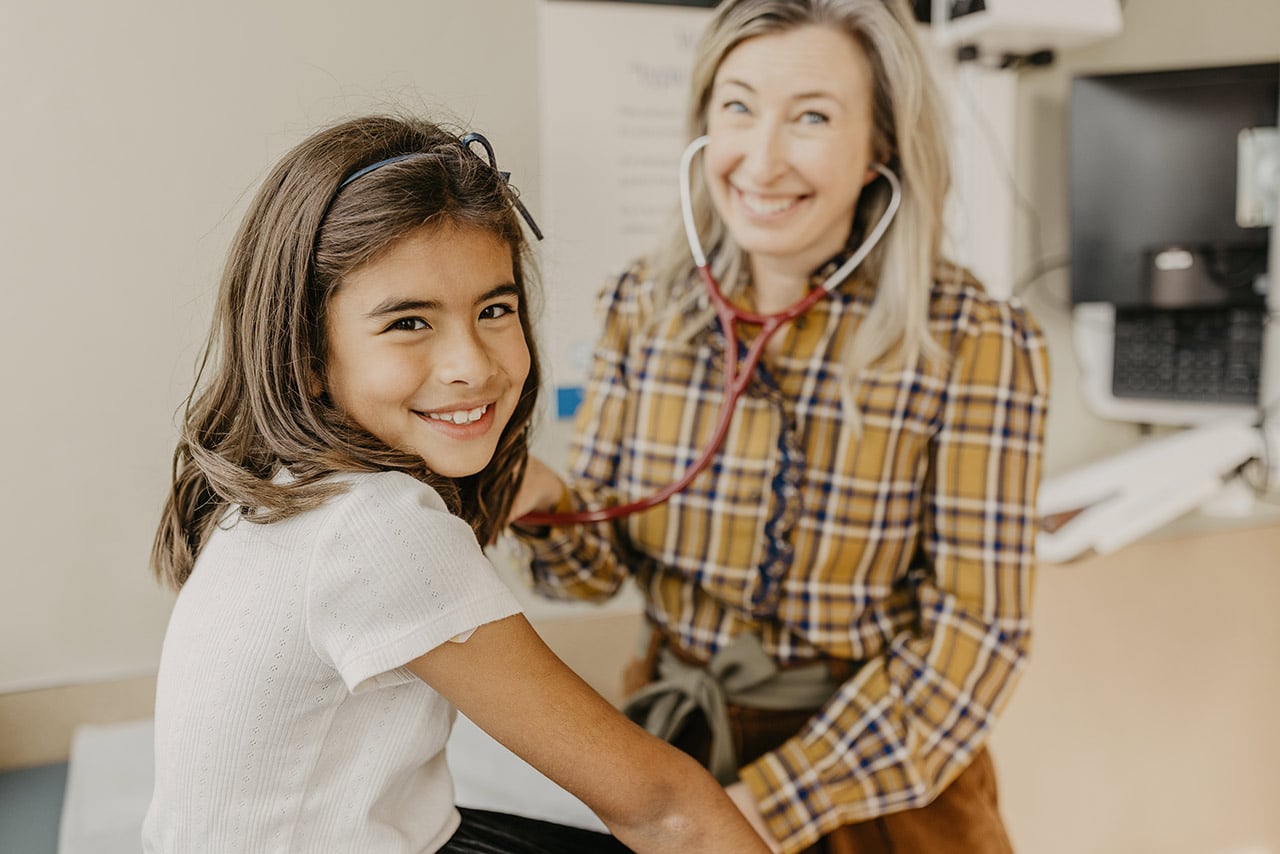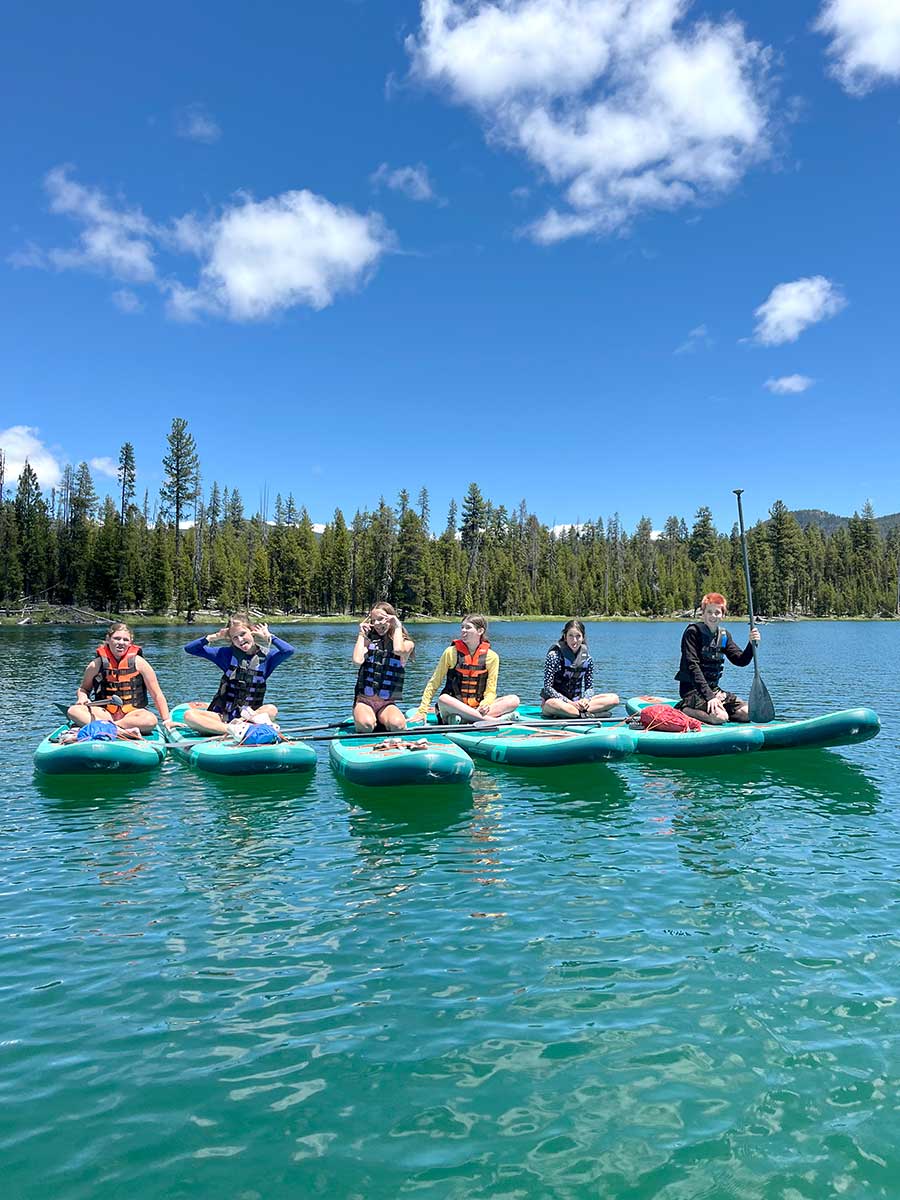Liliana Cabrera is Central Oregon’s advocate for women’s access to reproductive healthcare.

Liliana Cabrera began working for Planned Parenthood more than ten years ago and brought a wealth of knowledge and experience with her when she took the position of Community Education and Outreach Coordinator for Planned Parenthood of Central Oregon. In the four years Cabrera has lived here, she has become an integral voice and advocate for access to women’s reproductive healthcare in our community.
As a Latina and openly gay woman, Cabrera is a natural conversation starter in a community sorely lacking diversity. She brings her unique perspective to everything she does, including serving as board chair of Let’s Talk Diversity Coalition in Madras, president of Latino Community Association and as a board member at-large of OUT Central Oregon.
Arriving in Bend
I moved from Salinas, California to Central Oregon in 2015 to work at Planned Parenthood. My partner’s family lives in Portland, and I was looking for work in Oregon. The main [Planned Parenthood] office is in Portland, but the job was in Bend. I had never heard of Bend. When I came for my interview, I looked around at what the town looked like and it looked very similar to what Salinas looked like when I was growing up. So I enjoy the small rural aspect of it, but I didn’t realize the cultural difference and lack of diversity.
Getting Started
My work in the past has looked very different than it does now. I was in classrooms talking to kids. We had a teen pregnancy program and so that was a space where I was working with pregnant and parenting teen moms. I held conversations with middle school girls and went into the juvenile halls. There are no [teen support] programs here. There haven’t been any programs. My approach has been going out listening, learning what people want to know. Really seeing what people are saying we need to have and then responding to that within my capacity.
Roadblocks and Resistance
I see through my own lens the issues here, and I hear what other people tell me. I am also very aware of who is telling what story. I am hearing things like, “Well, there are other people already doing that work, so we don’t need Planned Parenthood in the schools.” So, okay. They are getting some education, but there is limited access to resources for high school students. We have to be invited in, so we don’t always hear about what is going on unless someone says something about it and reports it.
On Access to Information
If parents say they want to talk to their kids about sex, but they’re not doing it, how can I help them to be more confident to have that conversation? They need to hear us. I think all young people should have access to the information [about sex and sexuality] and hear it from different voices, in particular the people that look like them. If there are students of color in those classrooms, I want to be in front of them talking very openly about this topic. A healthy community is one where people can access the things they need, and it is not a struggle. A healthy community is where people have the information and it’s not being withheld because of someone else’s own personal beliefs. Everybody should have what they need when they need it.
On Being Yourself
Being a queer woman of color who wants to see this world, this community, flourish and grow in a healthy way and having some part of it is me seeking my community. All of these different places where I work is because they are all part of who I am. We are all human beings and we are all in the struggle together, and we are all facing different [challenges]. At the end of the day, we have to live in the community together. We have to look at each other as people who are all going through different things.





